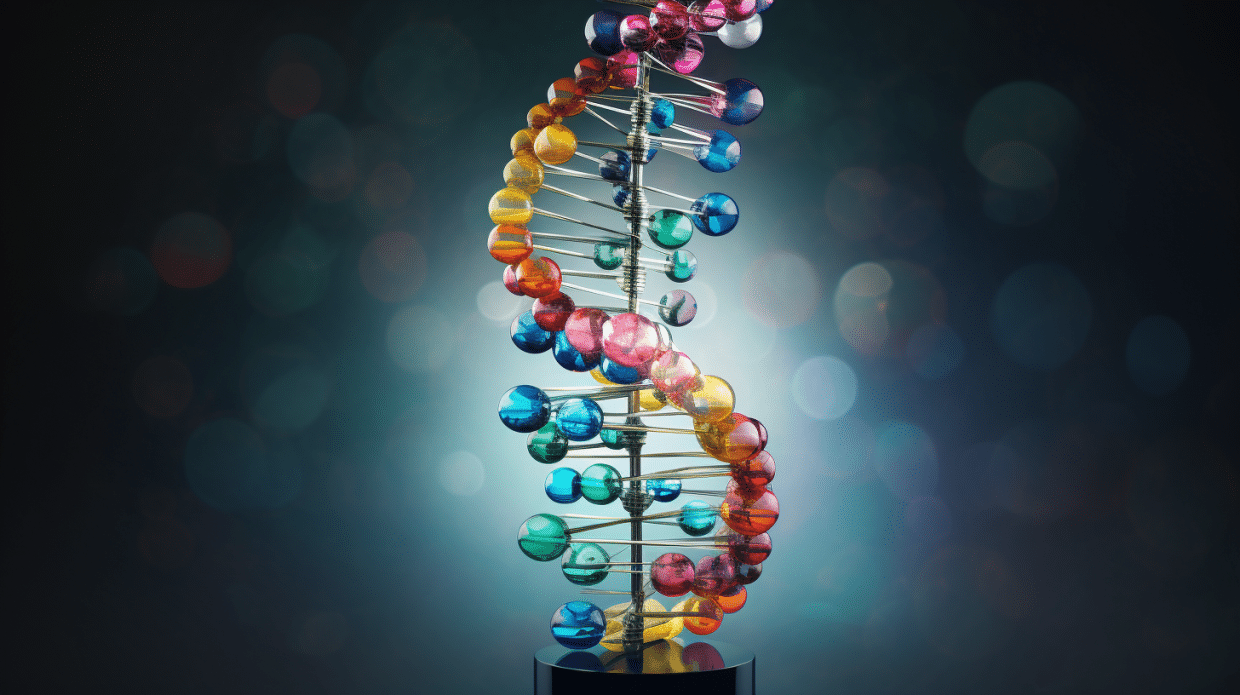Environment Causes the Flynn Effect & Its Reversal: IQ Increases & Decline
A major new study provides evidence that environmental factors, not genetics, are the primary drivers behind the Flynn effect – the steady rise in IQ scores observed over the 20th century. Researchers analyzed IQ data from over 700,000 Norwegian males and found that changes in IQ occur even between brothers from the same family. This …










